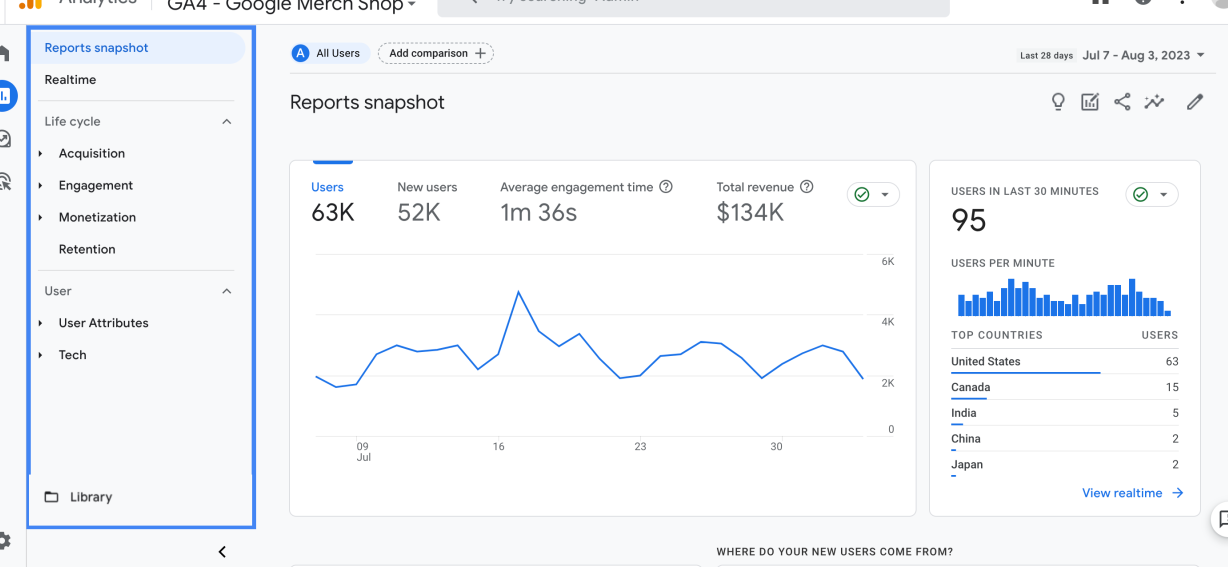By leveraging data, companies can better understand customer behavior, optimize campaigns, and ultimately increase their return on investment (ROI). This article explores how data analytics can drive marketing decisions and the benefits it brings to businesses.
Understanding Customer Behavior
One of the primary benefits of data analytics in marketing is the ability to gain insights into customer behavior. By analyzing data from various sources, such as social media, website traffic, and purchase history, businesses can identify patterns and trends. These insights help in understanding what customers want, how they interact with brands, and what influences their purchasing decisions.
For example, data analytics can reveal which products are most popular among certain demographics, the times of year when sales peak, or the types of marketing messages that resonate best with customers. This information allows businesses to tailor their marketing strategies to meet the specific needs and preferences of their target audience.
Optimizing Marketing Campaigns
Data analytics enables businesses to optimize their marketing campaigns by providing detailed performance metrics. Marketers can track the effectiveness of their campaigns in real-time, allowing them to make adjustments as needed. Key performance indicators (KPIs) such as click-through rates, conversion rates, and customer acquisition costs can be monitored and analyzed to determine what is working and what is not.
For instance, if a particular ad campaign is not generating the expected results, data analytics can help identify the issue. It could be that the target audience is not well-defined, the messaging is off, or the timing is not right. By understanding these factors, businesses can tweak their campaigns to improve performance and achieve better results.
Personalizing Customer Experience
Personalization is a significant trend in marketing, and data analytics plays a vital role in achieving it. By analyzing customer data, businesses can create personalized marketing messages and offers that resonate with individual customers. This level of personalization can significantly enhance customer experience and increase engagement.
For example, data analytics can help in segmenting customers based on their behavior, preferences, and purchase history. Businesses can then target these segments with tailored content, product recommendations, and special offers. Personalization not only improves customer satisfaction but also drives sales and loyalty.
Predicting Future Trends
Another powerful aspect of data analytics is its ability to predict future trends. By analyzing historical data, businesses can identify patterns that indicate future behavior. Predictive analytics can forecast trends such as customer demand, market shifts, and emerging opportunities.
For example, a retailer might use predictive analytics to determine which products will be in high demand during the holiday season. This insight allows them to stock up on popular items, plan effective promotions, and allocate resources more efficiently. Predictive analytics helps businesses stay ahead of the competition by making proactive decisions based on data-driven insights.
Improving ROI
Ultimately, the goal of any marketing strategy is to achieve a high return on investment (ROI). Data analytics helps businesses improve their ROI by making informed decisions that optimize marketing spend and increase efficiency. By focusing on the strategies and channels that deliver the best results, businesses can maximize their marketing budget.
For example, data analytics can reveal which marketing channels provide the highest conversion rates and the lowest customer acquisition costs. Businesses can then allocate more resources to these channels while reducing spend on less effective ones. This targeted approach ensures that marketing efforts are both cost-effective and impactful.
In conclusion, data analytics is an invaluable tool for driving marketing decisions. By understanding customer behavior, optimizing campaigns, personalizing experiences, predicting future trends, and improving ROI, businesses can achieve greater success in their marketing efforts. In a competitive landscape, leveraging data analytics is not just an advantage—it’s a necessity. As technology continues to evolve, the importance of data-driven marketing will only grow, making it essential for businesses to invest in robust data analytics capabilities.




